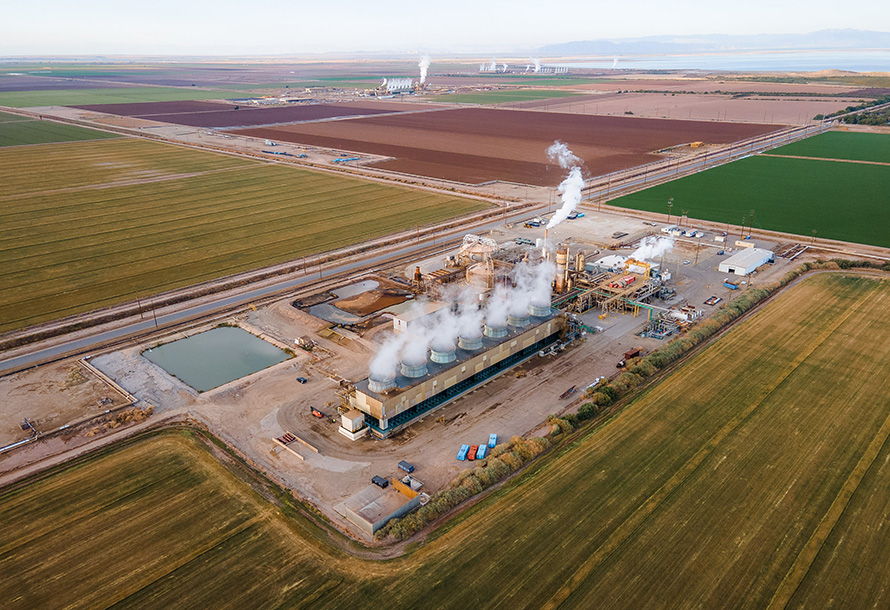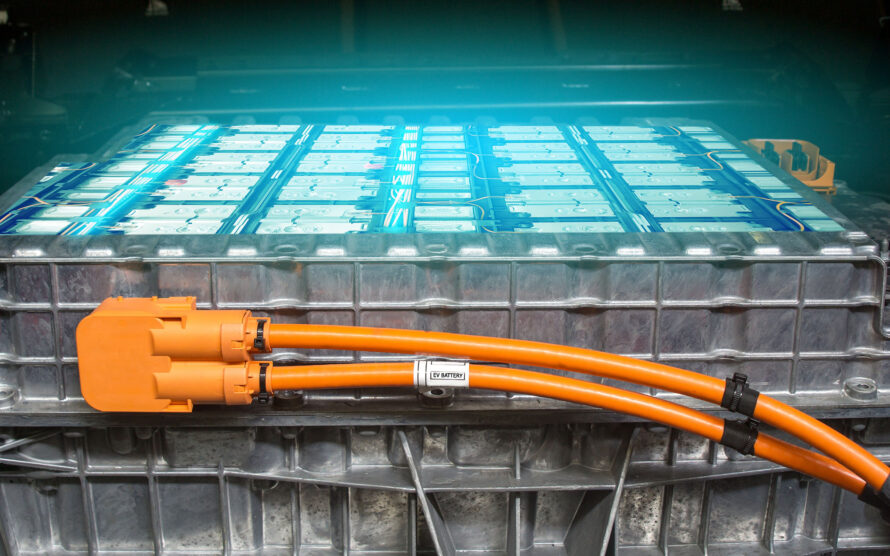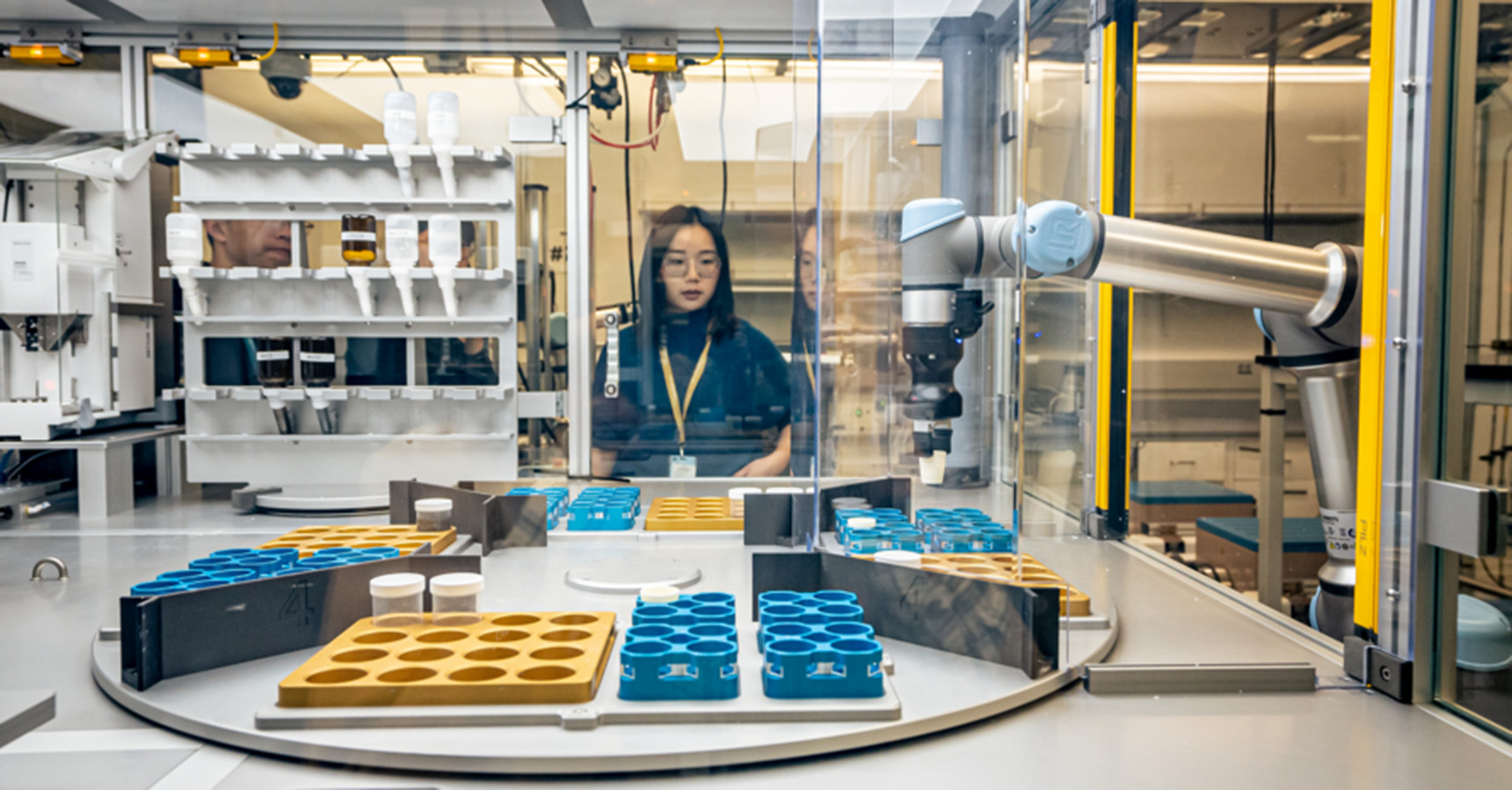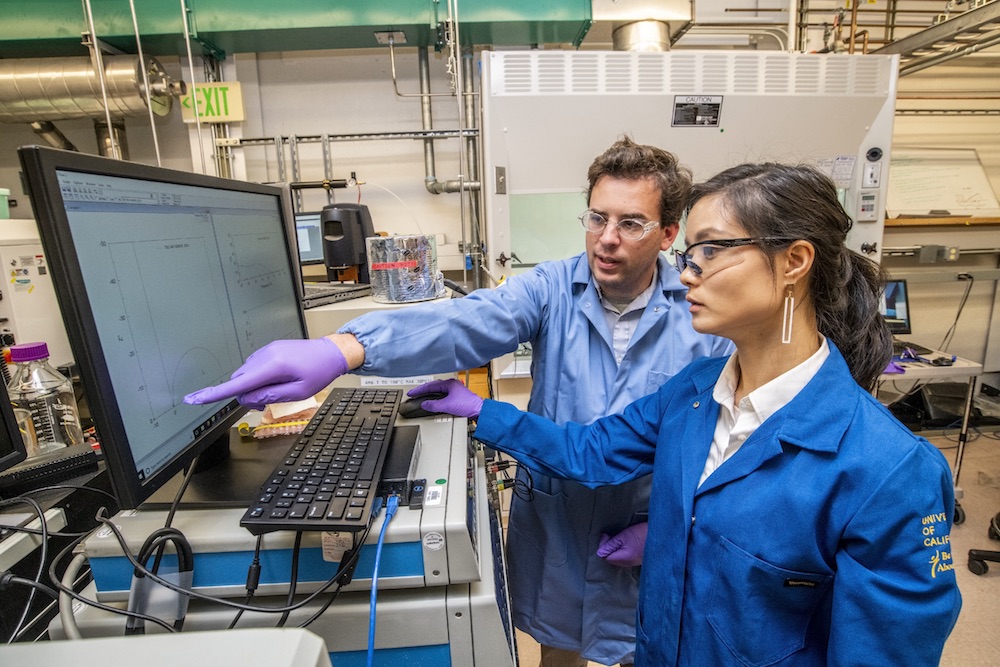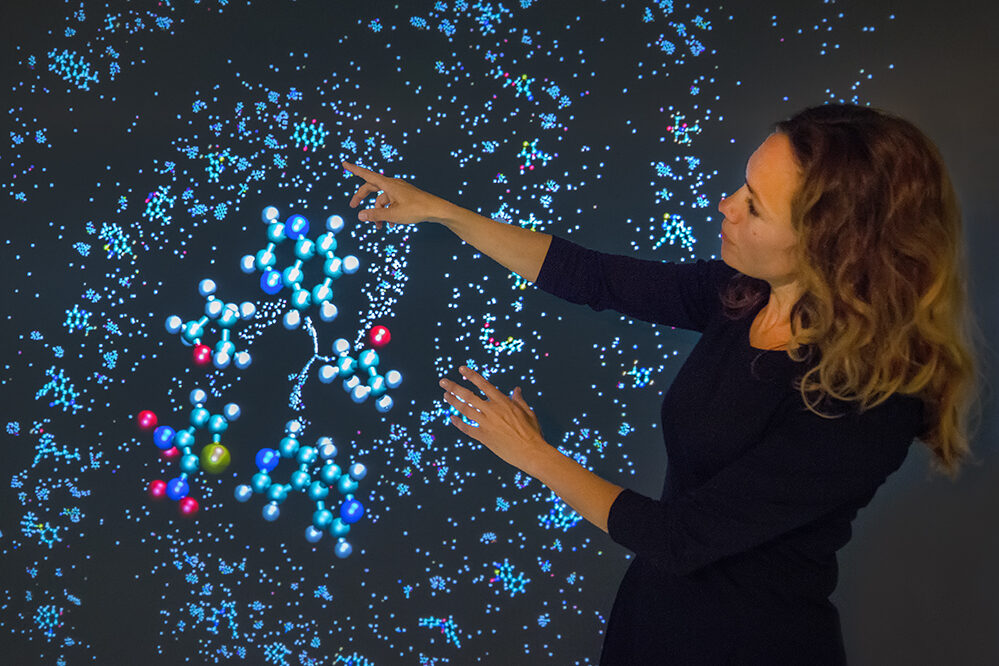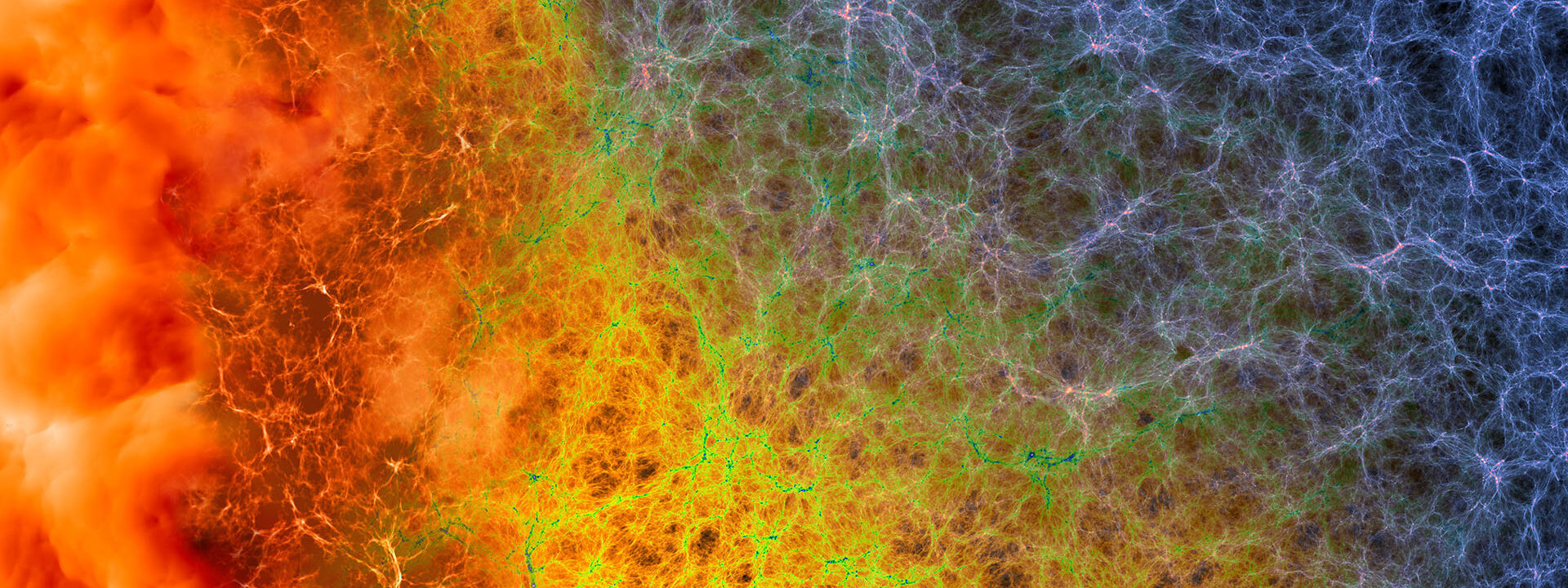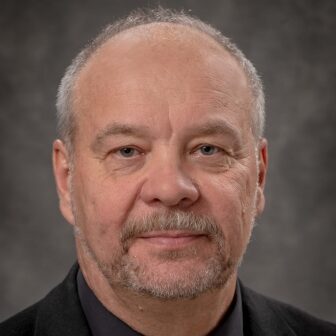
Electrochemical energy storage
Materials discovery, synthesis, characterization, and diagnostics to develop next-generation batteries (including solid state) and flow batteries.
Chemical energy storage
Hydrogen and storage of hydrogen.
Thermal energy storage
Exploring low- and high-temperature materials and systems involving the subsurface, buildings, and the manufacturing sector.
Mechanical energy storage
Compressed air storage in porous media.
Systems, analysis, and markets
Researching policy and market factors that affect widespread energy storage adoption.
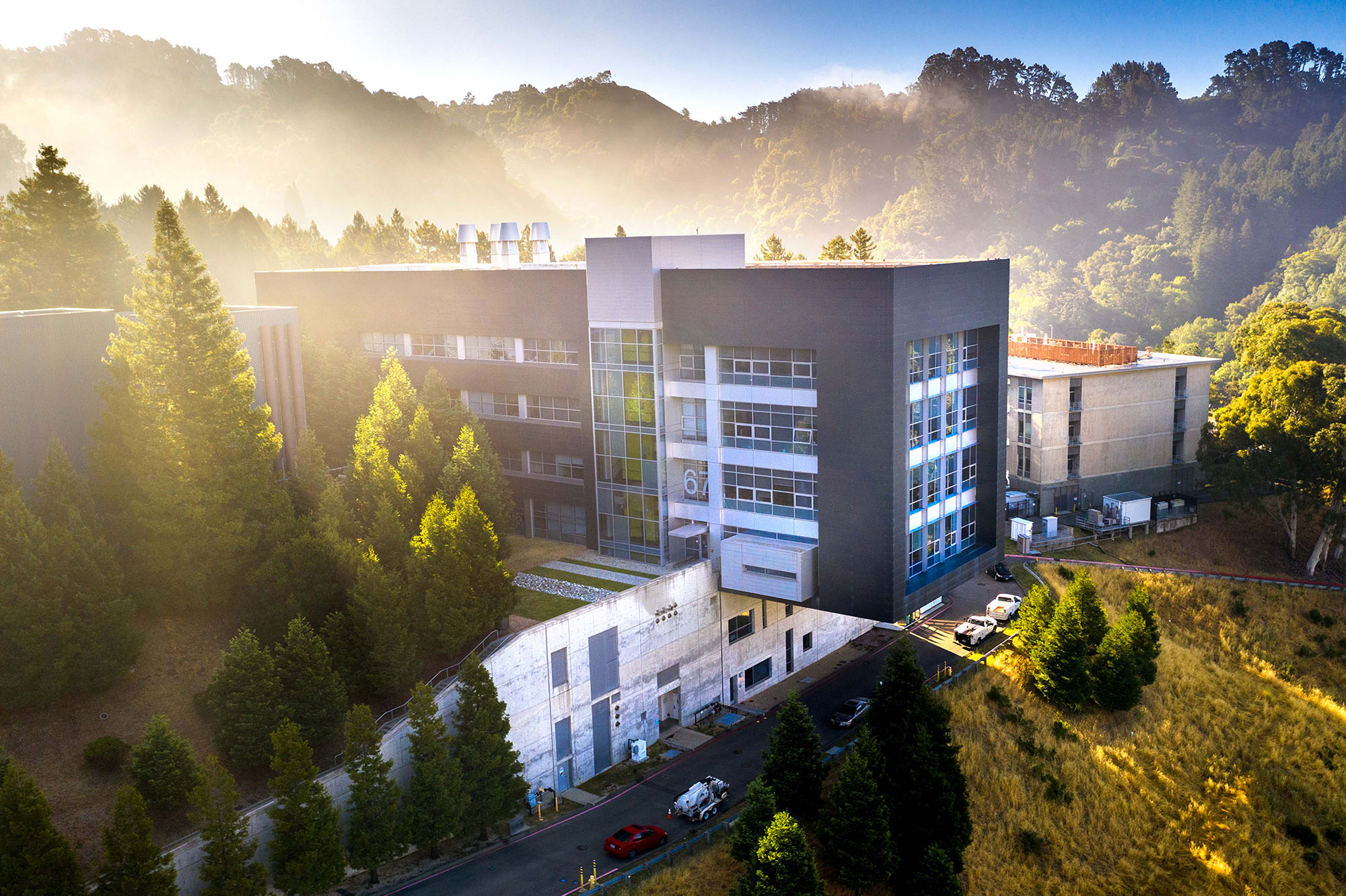
The Molecular Foundry is a DOE-funded nanoscience research facility that provides scientists from around the world access to world-class expertise and instrumentation in a collaborative, multidisciplinary environment.
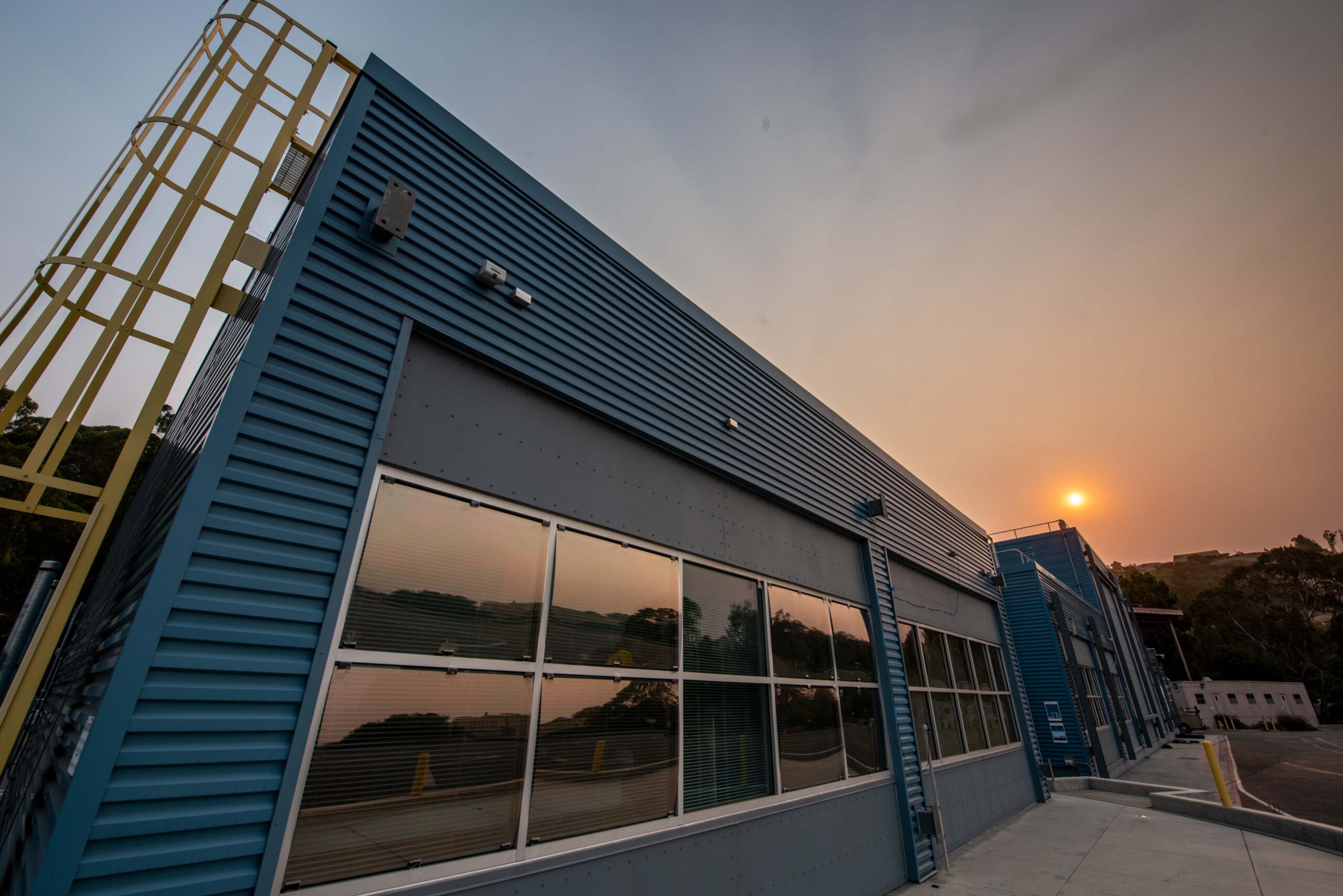
The world’s most advanced integrated building and grid technologies testbed.
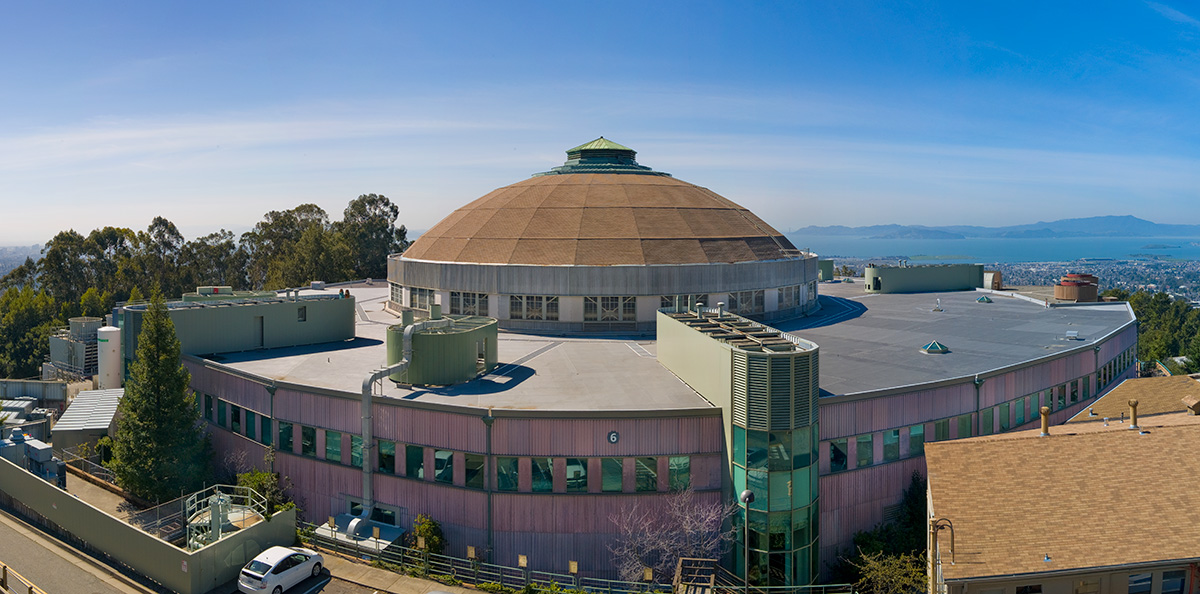
The ALS is a specialized particle accelerator, known as a synchrotron light source, that generates bright beams of X-ray, infrared, and extreme ultraviolet light useful for research. It supports the research of 2,000 users annually.

Guiding research and development into lithium extraction technologies through an environmental science lens.

Developing innovative and fundamentally sound solutions to overcome the limitations of high energy density batteries.
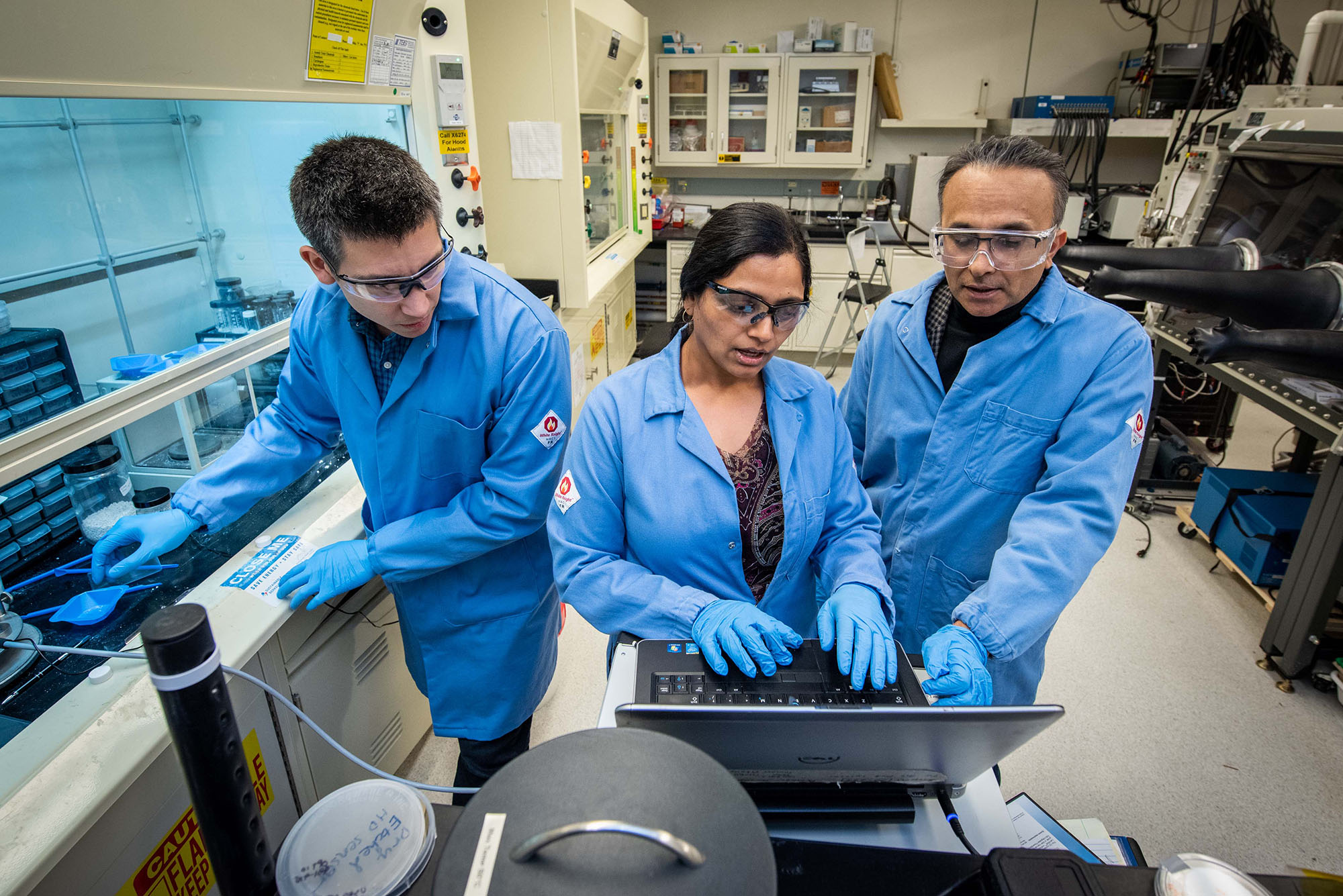
A science-to-systems lab conducting research in manipulating matter at nanoscale dimensions to improve a multitude of thermal, solar, and electrochemical energy devices, including batteries.

Harnessing the power of supercomputing and structural methods, the Materials Project provides open, web-based access to information on known and predicted materials as well as powerful analysis tools to inspire and design novel materials.
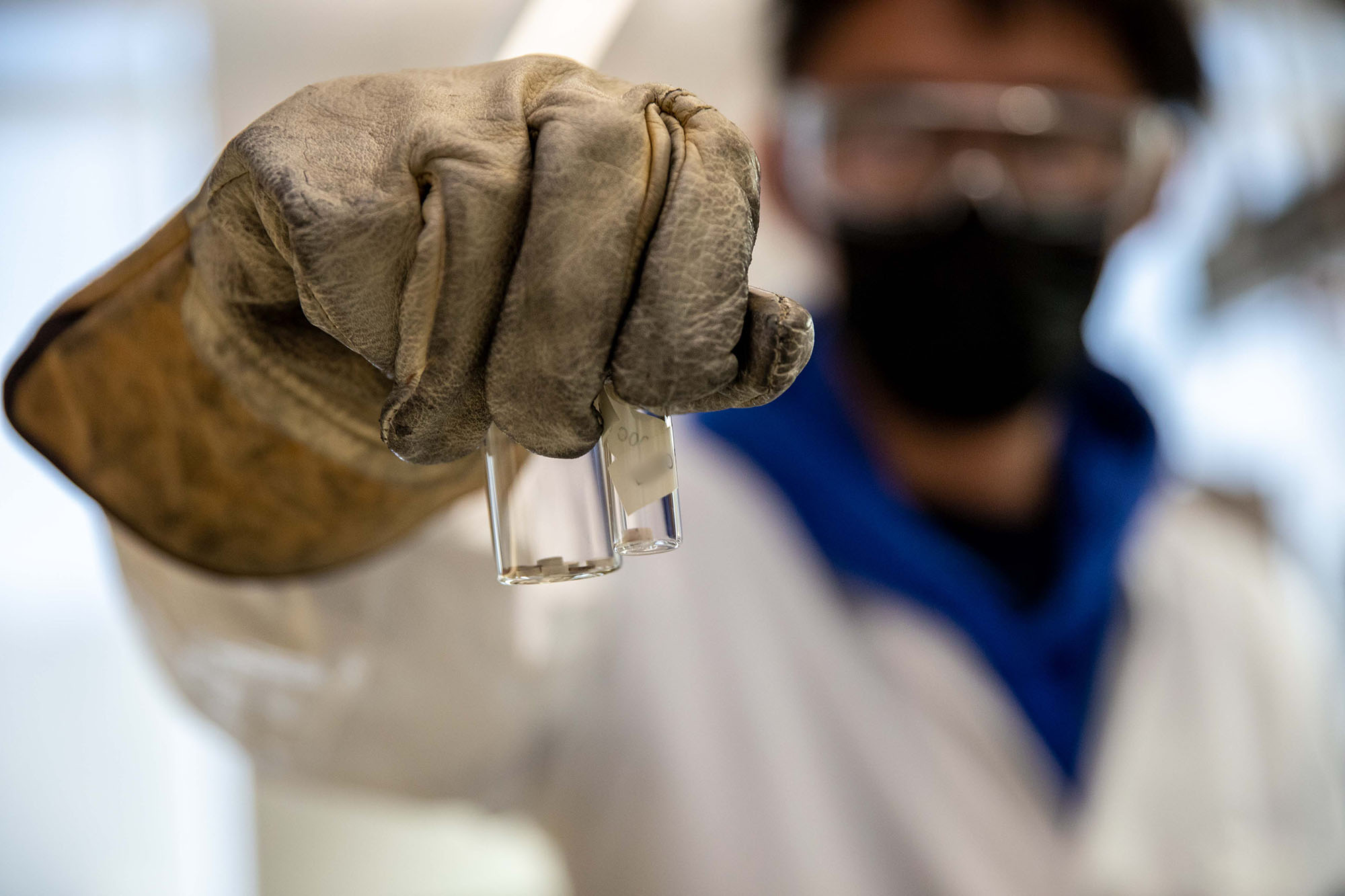
Developing vehicle batteries and fuel cells that are safer, more powerful, cheaper, and longer-lasting. Collaborators include other national laboratories and university and industry partners.
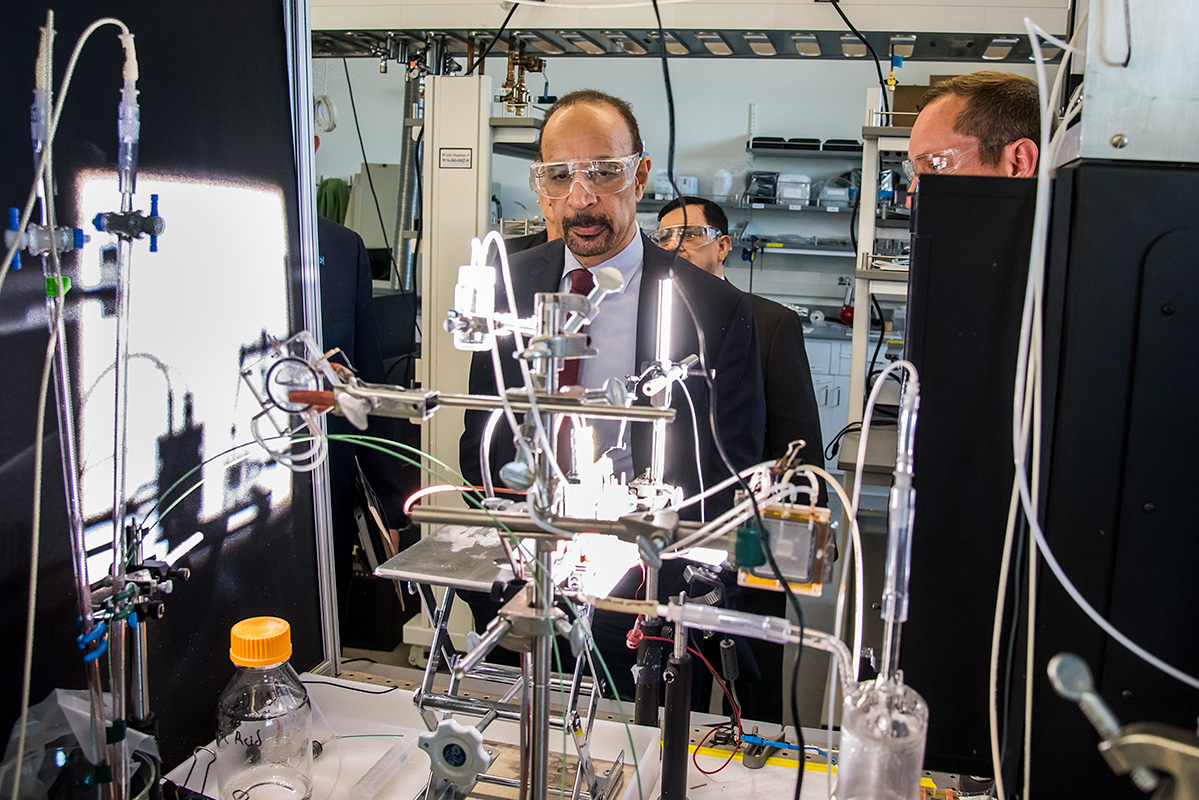
Delivering transformative materials for batteries – including cathodes, anodes, electrolytes and interfaces – each modified with intentional defects and disorder to enhance performance.

Pursuing seven research tasks aimed at the development of advanced batteries for Electric Vehicles.
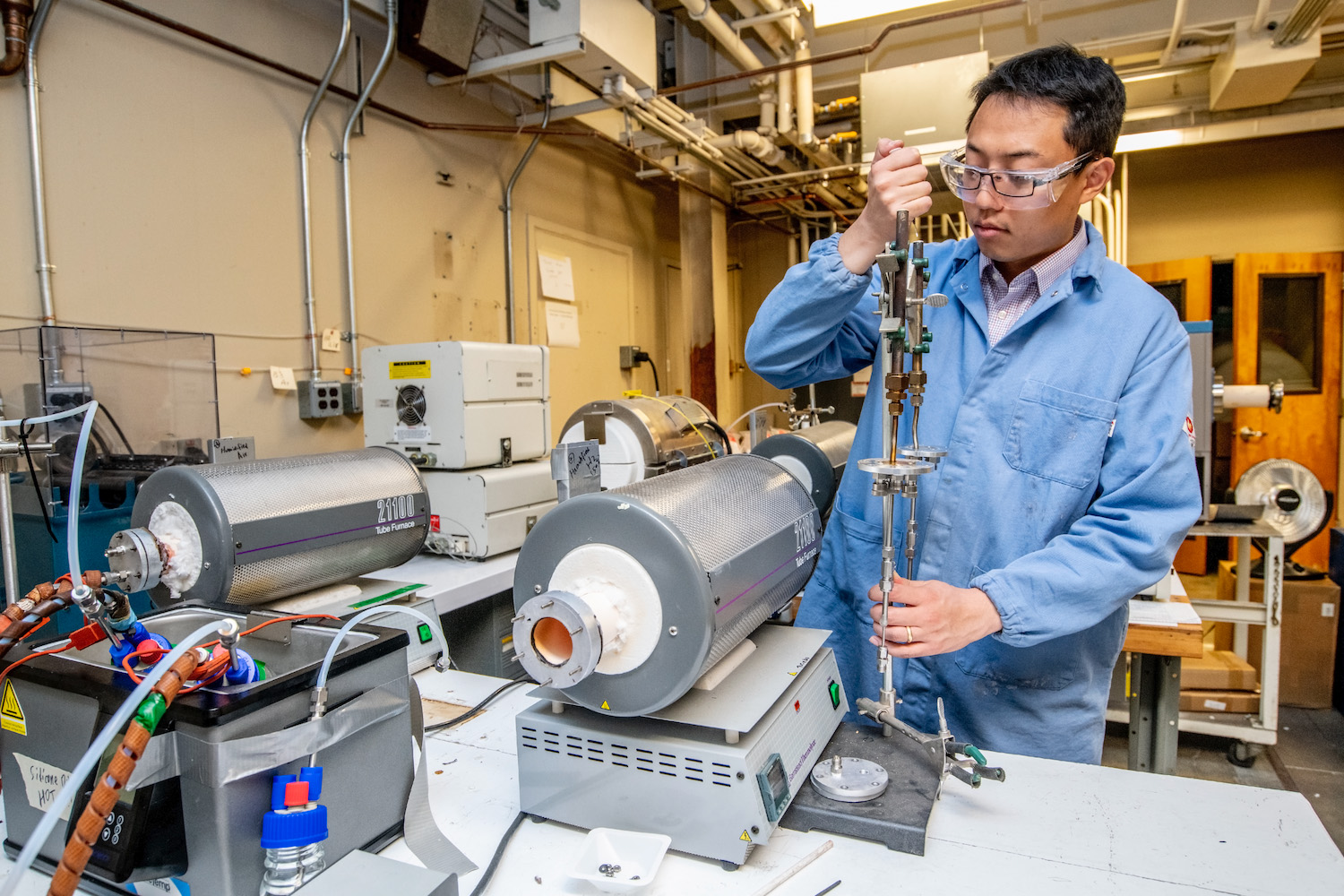
A multidisciplinary team focused on a diverse portfolio of advanced energy conversion technologies with the goal of providing the tools necessary to create and sustain a clean energy system.

Advancing new systems to efficiently generate liquid fuels from sunlight, water, CO2, and nitrogen.

Advancing the efficiency, power, and durability of hydrogen fuel cell engines for heavy-duty vehicles to enable a fleet of clean, emission-free long-haul trucks.
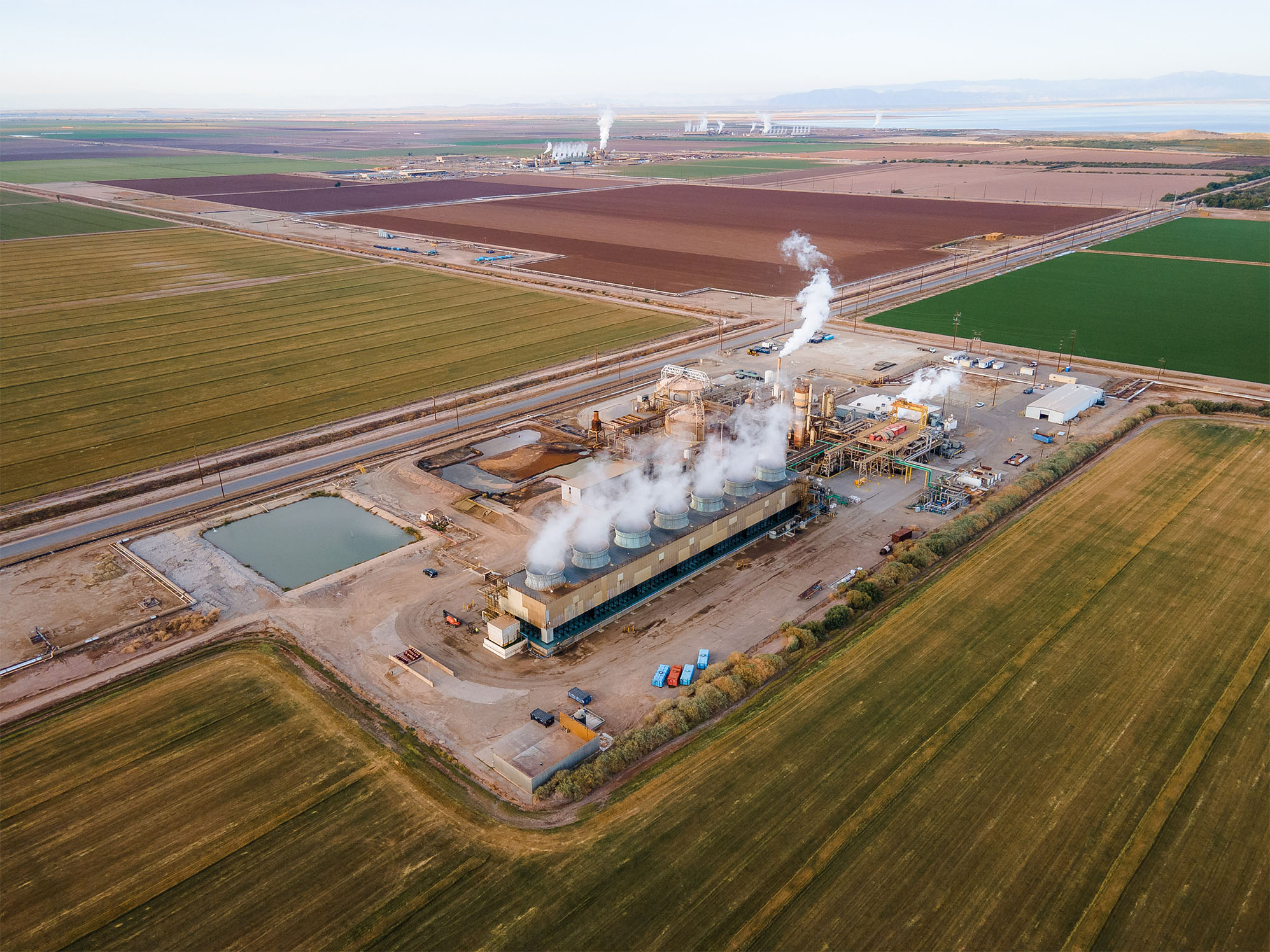
This StoryMap is an immersive multimedia backgrounder and summary of geothermal lithium extraction around the Salton Sea. The piece uses rich photos and illustrations to tell the story of how geothermal power works, why lithium is important and what makes extracting it possible there, and how a lithium extraction industry might fit in with the social and environmental context of the region.
Chemical engineer Peng Peng is helping develop a 100% renewable energy grid by investigating new materials for storing hydrogen gas, which can be used like a battery to stash power generated from solar and wind farms. Peng uses computer models to study how lab-scale material prototypes would perform at the industrial scale, and how much they would cost – accelerating the green hydrogen movement from discovery to deployment.
In this episode, we speak to a policy leader and a researcher about the history of piggy-banking power to spend it later, and how this field is evolving to help us prevent extreme weather-related blackouts, adopt more renewable energy, and build bigger, better, more environmentally responsible batteries.
